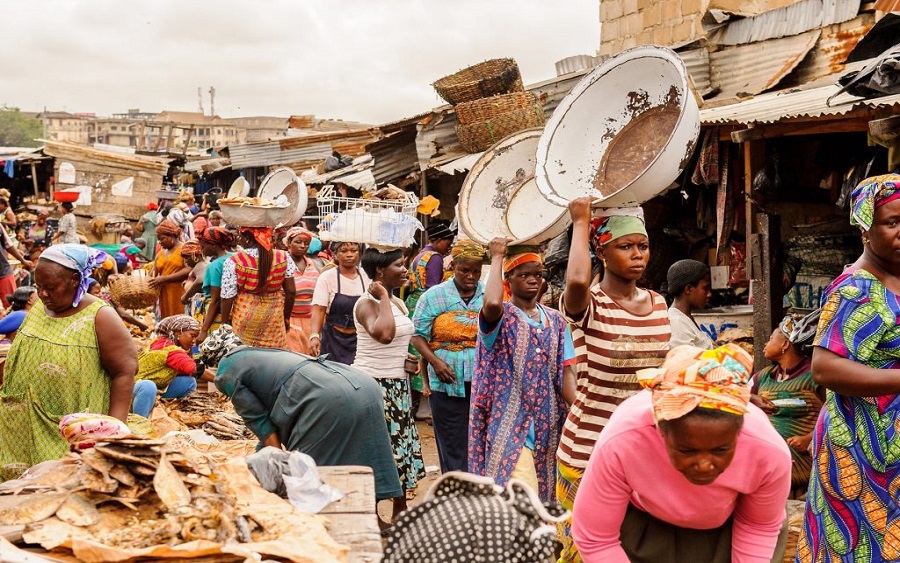
No date has been fixed for hearing of the suit.
In the suit filed, last week, on behalf of SERAP by its lawyers, Kolawole Oluwadare and Opeyemi Owolabi, the body said: “Transparency and accountability in the programme would improve public trust, allow Nigerians to track and monitor its implementation, assess if the programme is justified, and hold authorities to account in cases of diversion, mismanagement and corruption.”
The organisation is asking the court to compel the Federal Government to disclose details of the proposed payments of N729 billion to 24.3 million poor Nigerians, including mechanisms and logistics for the payments, a list of beneficiaries, how they have been selected, and whether the payments will be made in cash or through Bank Verification Numbers or other means.
SERAP also seek an order from the court directing and compelling the Federal Government to explain the rationale for paying N5,000 to 24.3 million poor Nigerians for six months, which translates to five per cent of the country’s budget of N13.6 trillion for 2021.
In the suit (FHC/L/CS/853/2021), SERAP seeks an order directing and compelling the Federal Government to clarify whether the proposed payment is part of the N5.6 trillion budget deficit.
The suit followed SERAP’s Freedom of Information (FoI) request to the Minister of Humanitarian Affairs, Disaster Management and Social Development, Sadiya Umar-Farouk, stating: “Disclosing the details of beneficiaries and selection criteria, as well as the payment plan would promote transparency and accountability and remove the risks of mismanagement and diversion of public funds.”
The body argues: “Providing support and assistance to poor Nigerians is a human rights obligation but for the programme to spend five per cent of the 2021 budget, which is mostly based on deficit and borrowing, requires anti-corruption safeguards, to ensure the payments go directly to the intended beneficiaries, and that public funds are not mismanaged or diverted.”
According to the organisation, the Nigerian Constitution of 1999 [as amended], UN Convention against Corruption, and African Union Convention on Preventing and Combating Corruption require the government to set the highest standards of transparency, accountability and probity in programmes it oversees.
SERAP said: “The right to truth allows Nigerians to gain access to information essential to the fight against corruption. This is in line with the government’s anti-corruption strategy of citizen involvement in the fight against corruption. As a positive development strategy, access to information will foster the development of democratic institutions in Nigeria.”



